Afghanistan from the Cold War through the War on Terror
Barnett Rubin has been one of the world's leading authorities on Afghanistan for over two decades, and in this work, he offers a comprehensive portrait of that country's tumultuous recent history. The book begins by tracing how Afghanistan became the first major post-Cold War conflict, and how Islamic radicalism took hold there. The second part focuses on the transitional period between the fall of the Taliban in late 2001/early 2002 and the emergence of the Karzai government. The third part considers the wide variety of state building efforts in Afghanistan this past decade. Given the war, the massive opium trade, and the government's rampant corruption, achieving reform has been extraordinarily difficult, to say the least. The final part of the book starts with the present situation of intensified war and offers some ideas for moving forward from a state of constant war to a more stable society with better governance. Combining a deep knowledge of recent Afghan history with unmatched expertise on the current crises there, Afghanistan in the Post-Cold War Era will stand as an authoritative modern overview of this troubled nation.
{{comment.content}}
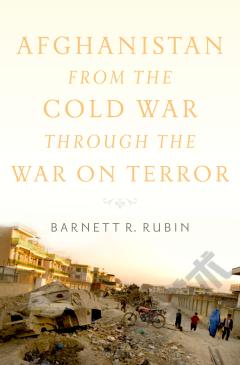
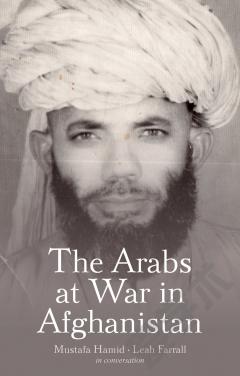

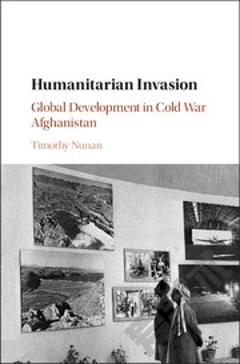

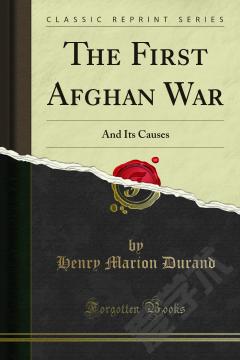
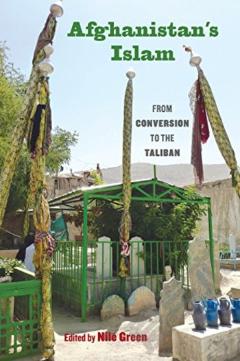

 京公网安备 11010802027623号
京公网安备 11010802027623号